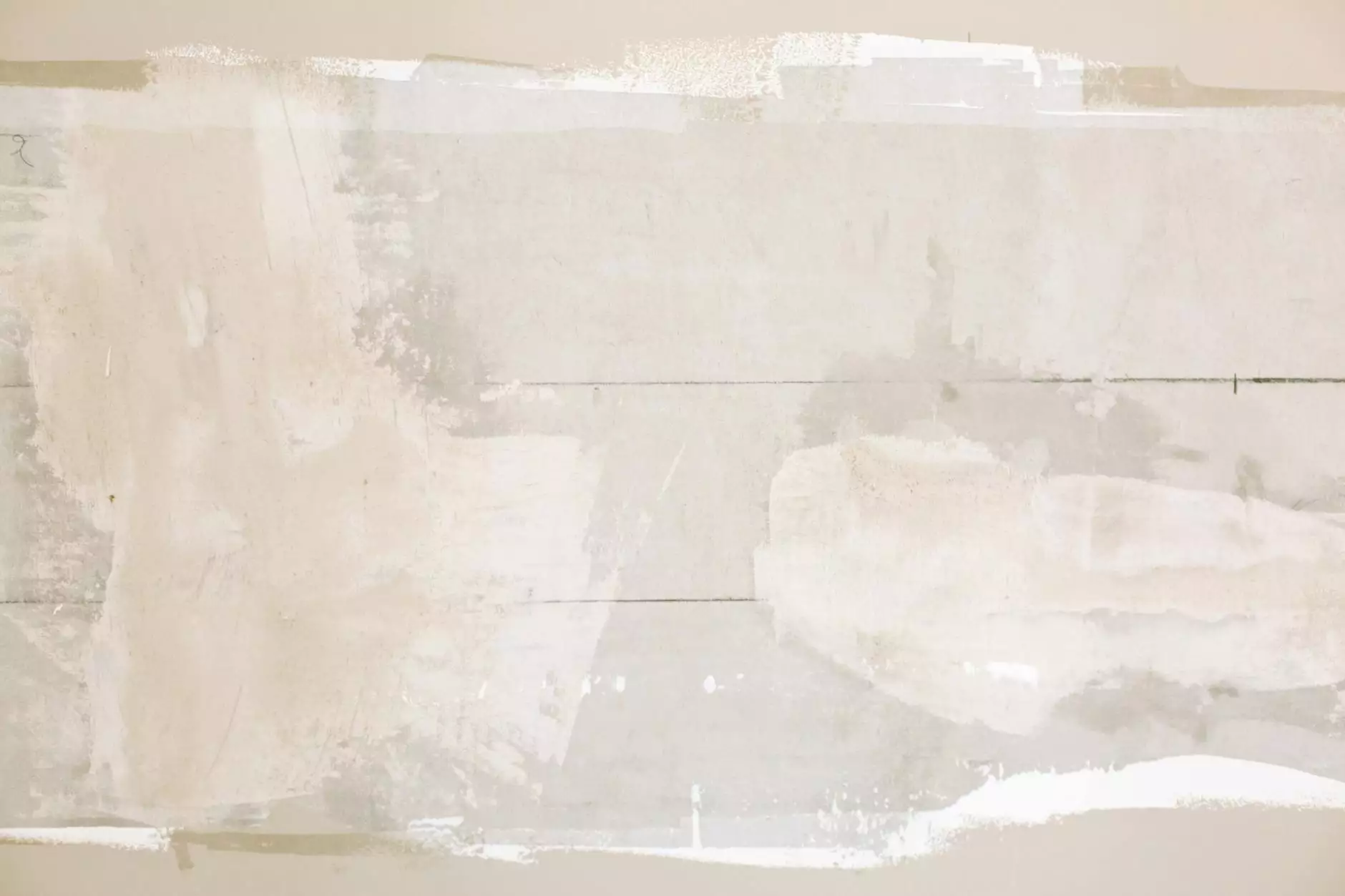Pool Plasters: The Ultimate Guide to Choosing and Maintaining Your Swimming Pool Finish

Swimming pools are a sanctuary of relaxation, fun, and fitness. To maintain their beauty and longevity, understanding the essentials of pool plasters is crucial. This article delves into the intriguing world of pool plastering, shedding light on various types, benefits, maintenance tips, and everything you need to know to keep your pool looking its best.
What is Pool Plaster?
Pool plaster is the final finishing layer applied to the interior surface of a swimming pool. Typically made from a mixture of white cement, aggregates, and water, it forms a rough surface that can provide aesthetic appeal as well as functional benefits. The type of plaster used can significantly affect the pool's overall appearance and durability.
Types of Pool Plasters
Choosing the right type of pool plaster is essential for both aesthetics and maintenance. Here are the most common types:
- Standard Plaster: This is the most traditional type of pool plaster, providing a clean, classic look. Commonly made with white cement and marble dust, it has a subtle shine when water is added.
- Colored Plaster: These are available in a variety of hues, allowing for personalization of your pool’s look. Colored aggregates can be mixed into the plaster to achieve desired shades.
- Quartz Aggregate Plaster: This type incorporates quartz crystals for enhanced durability and a more decorative finish that also minimizes algae growth.
- Pebble Finish: Composed of small pebbles or stones, this plaster style gives a natural, textured look. It's very robust and can comfortably last for over a decade.
- Exposed Aggregate Plaster: Similar to pebble finishes, exposed aggregate showcases the beauty of stones. It offers better slip resistance and is incredibly durable.
Benefits of Using Quality Pool Plasters
The type of plaster you select can influence not only the look of your pool but its performance as well. Here are some benefits of utilizing quality pool plasters:
- Enhanced Durability: High-quality plasters like quartz and pebble finishes are significantly more durable than standard plaster, which can suffer wear and tear over time.
- UV Resistance: Certain types of plasters resist UV rays, helping maintain their color and finish for a longer duration.
- Comfort and Safety: A well-finished pool provides a smooth surface that is more comfortable for feet, while textured finishes can offer improved traction.
- Aesthetic Appeal: The right plaster can transform your pool into a stunning oasis, creating a visually appealing environment that enhances your outdoor space.
How to Choose the Right Pool Plaster
Selecting the ideal pool plaster requires consideration of various factors:
- Budget: The cost of plastering varies significantly. Standard plaster is usually the most cost-effective option, while quartz and pebble finishes are more expensive but provide greater durability.
- Pool Use: Consider how frequently the pool will be used. High-traffic pools may benefit from more robust materials like pebble finishes.
- Aesthetic Preferences: Choose colors and textures that complement your landscape design and personal taste.
- Local Climate: Consider how local weather conditions might affect the plaster's longevity and appearance. For example, UV exposure can fade certain colors more quickly.
Installation Process of Pool Plaster
The process of installing pool plaster is crucial for achieving a flawless finish. Here is a step-by-step guide:
- Preparation: The pool surface must be thoroughly cleaned and repaired. Any existing plaster that is peeling or damaged should be removed.
- Mixing: The plaster mix should be prepared according to the manufacturer’s specifications. The right consistency is vital for easy application.
- Application: Pool plaster should be applied quickly to prevent it from setting before the entire pool surface is covered. It is typically applied with a trowel.
- Smoothing: Once the plaster is applied, it must be smoothed out to create an even surface. Skilled professionals have the expertise to achieve the perfect finish.
- Curing: Allow the plaster to cure properly. This process can take several days, during which water should be added gradually to keep the plaster moist.
Maintenance Tips for Pool Plasters
To ensure the longevity of your pool plaster, regular maintenance is essential. Here are some tips to keep your pool in prime condition:
- Regular Cleaning: Maintain the cleanliness of your pool by regularly brushing the walls and floor to prevent algae build-up.
- Water Chemistry: Keep your pool water balanced with appropriate pH and chlorine levels. This prevents deterioration of the plaster from acidic or alkaline water.
- Winter Preparation: For colder climates, ensure your pool is winterized properly to prevent cracking and damage during freezing temperatures.
- Repair Damages Promptly: Address any cracks or chips in the plaster immediately to prevent further damage and costly repairs.
Signs That Your Pool Needs Resurfacing
Even the best-quality pool plaster won’t last forever. Watch for these signs that indicate it may be time for resurfacing:
- Rough Texture: If the surface feels rough or has lost its smoothness, it may indicate wear, prompting the need for a new plaster layer.
- Stains or Discoloration: Persistent stains that cleaning cannot remove may signify that the plaster is aging and requires resurfacing.
- Cracks: Visible cracks in the plaster indicate structural issues that should be addressed promptly.
- Leaking: If your pool is losing water rapidly, it may be due to cracks or deterioration in the plaster that necessitates repair.
Conclusion
In summary, pool plasters play a vital role in the aesthetics and upkeep of swimming pools. By understanding the different types of plaster, their benefits, and how to properly maintain them, you can ensure that your pool remains a beautiful and enjoyable space for years to come. For expert advice and quality pool renovation services, consider reaching out to poolrenovation.com, where you can find professional assistance and high-quality materials for all your pool renovation needs.









